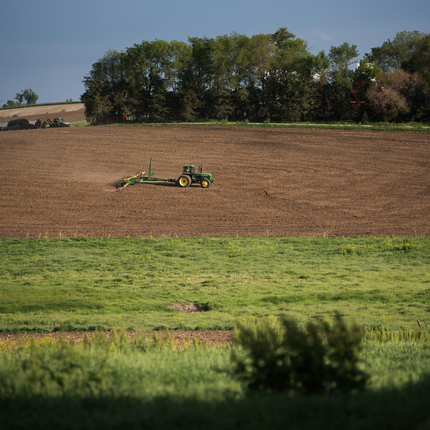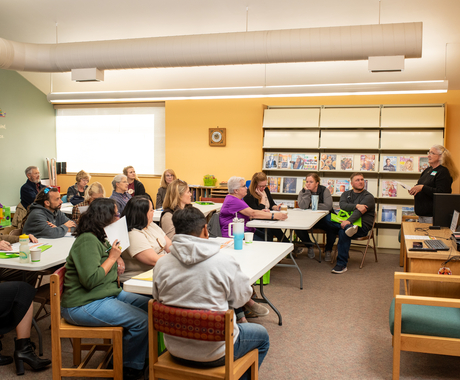The question of who should own farmland has re-emerged in Nebraska, sparking discussions both in the media and in the legislature.
At the Nebraska Statehouse, the recent session saw the introduction of a bill aimed at restricting the ownership of farmland by certain foreign nationals. The proposed legislation mandates reporting of land purchases by foreign nationals and, in cases tied to foreign adversaries, calls for divestment or sale of the land. Similar bills have appeared in other states, reflecting concern about national and food security. Critics argue they are also rooted in xenophobia.
Meanwhile, Nebraska’s Flatwater Free Press undertook a series investigating farmland ownership in the state. Their findings revealed surprising trends, including the Mormon Church emerging as the largest purchaser of farmland in the past five years. Tech giants like Facebook and Google also top the list, acquiring land near urban areas for conversion to data centers. A corporation associated with the governor ranks among the top buyers as well. Well-known figures such as Bill Gates and Ted Turner also continue to expand their farmland holdings in the state.
The issue of farmland ownership is not new to the Center for Rural Affairs. Concerned by a surge in absentee corporate investment in farmland, particularly in the Nebraska Sandhills during the 1970s, the Center advocated for a ban on agricultural investment by non-family farm corporations. This effort culminated in the successful 1982 ballot initiative known as Initiative 300, one of the nation’s strongest anti-corporate farming laws.
The initiative was challenged in court repeatedly. Supporters successfully defended the law until 2006, when a judge ruled that the ban on corporate farming violated the interstate commerce clause of the U.S. Constitution.
Despite ultimately being struck down, Initiative 300 shaped Nebraska agriculture for a quarter century. It also had a lasting impact on ownership trends, especially in the livestock sector, where Nebraska retained more independent cattle feeders and has fewer corporate-owned hogs than neighboring states.
While these issues of farmland ownership—be it foreign, corporate, or driven by wealthy investors—each requires distinct solutions, they all circle back to a fundamental question: who owns the assets that make up our community?
The Center has long held that our communities are strongest when the people who work our farms, ranches, and small businesses have a chance to share in their ownership. Increased external investment in farmland, whether foreign or corporate, diminishes these opportunities for rural residents.
In contemporary debates about the ownership of farmland, it is also important to acknowledge that the land that is Nebraska today is also the past, present, and future home of Native people. Native people lived here long before today’s concerns about corporate or foreign ownership of land, eschewing modern notions of individual land ownership entirely.
Although the landscape of this debate has changed over the decades, the Center remains committed to advancing strategies to increase opportunity for all rural people to earn an ownership stake in local farms, businesses, and homes. There is no single solution to ensuring this happens. Rather we must pursue diverse strategies at the individual, local, and policymaking levels while centering the value of local ownership throughout.




